Dear Doctor
A Patient’s Personal Case Study of Adverse Childhood Experiences
This lengthy letter gives a deeply moving account of an adult survivor of adverse childhood experience. It is being shared here for those of you who are not clear about how the ACE’s show up in adulthood and why there is so much suffering being experienced by folks who feel compelled to keep their trauma buried within and hidden even from themselves. It is the therapist at the end of this patient’s letter that gives a hint to the type of services Dr. Mooon can offer you when you’re ready to liberate yourself from your sublimated pain and emotional suffering.
Dear Doctor, I am your patient. We have known one another for a long time, and I want to thank you for healing me so many times.
At present, you know me only from annual checkups as a healthy 58-year-old, divorced, Caucasian female; 120 lbs, 5’6″; two adult children; parents and all four siblings living; family history of diabetes, epilepsy, alcoholism, bowel cancer, and heart disease; no medications.
You met me first in 1943 in Pennsylvania. I was a normal 5 lb 6 oz infant, born under general anesthesia. My mother nursed me for eight months, and I grew normally. You were surprised and concerned when I returned in six weeks for a well-baby check and immunizations. I had developed an extremely loud heart murmur; but you assured my worried mother no surgery was needed.

After I turned three, you saw me often in New Jersey, Virginia, Alabama, and Massachusetts. I had frequent, severe ENT (eye-nose-throat) problems, ear infections, strep throat, double pneumonia, scarlet fever, mumps, measles, chicken pox, “grippe” viruses, and a host of other pediatric problems. It is fair to say that sulfa and penicillin saved my life.
You may have noted in your chart that I was thin, compliant, and quite withdrawn. When I turned seven, you bandaged a deep cut on my thigh.
You surgically removed my tonsils and adenoids.
Later that year you irradiated a regrowth of my adenoids. You also irradiated my enlarged thymus in a hopeful, experimental procedure. The hypothesis was that removal of the thymus gland would increase my immune system. Unfortunately, it had the reverse effect.
You probably made a note that I missed many months of school each year due to illness and that my lips and fingernails frequently turned blue. You x-rayed my teeth frequently and filled my numerous caries every year for decades.
You met me at a medical convention when I was a shy, embarrassed 12-year-old. As a group, you examined my heart, amazed at the murmur which could be heard without a stethoscope. You noted my thinness and suggested an enriched diet. You extracted four teeth for my braces.
When I was a pretty, studious, 14-year-old in Louisiana, you bound my fractured left arm to my body for six weeks after I was thrown from a horse. Later that year, you carefully put 167 stitches in my face after I was thrown face first through the passenger side of a non-safety-plate windshield during an automobile collision. Safety belts had not yet been developed.
You told me it was a miracle my eyes were not damaged because the glass cut through both eyelids. The following year in Texas, you removed the keloid scars, but I was no longer pretty. In fact, a priest who came to visit me in the hospital fainted when he saw me.
You treated me for acne.
You catheterized my heart before I went to college and found a persistent superior right vena cava, extra brachial arteries, and a valve defect. You told me not to climb mountains or go deep-sea diving.
You extracted my wisdom teeth.
You put me in a steam tent for a week in my Ivy League college infirmary for treatment of bronchitis. You treated me for severe dysentery (shigella) when I returned from my junior year in Europe. I had diarrhea all my life so I did not call you until I was very ill. You told me how fortunate I was to be alive.

I was prevented from joining the Peace Corps due to the heart murmur. Instead, I went to work in Central America after college graduation. While there, after I made a conscious decision to have my first love affair, you hospitalized me for a month. You explained I had a 50-50 chance of living and surgically lanced a severe pelvic inflammatory infection. Both Fallopian tubes were closed due to scarring. You explained gently that I probably could not have children but that I was fortunate to be alive.
In my later 20s, in California, you treated me for a fractured bone in my foot, yeast infections, and more dental caries. After I biked up a mountain and had heart pains that radiated down my left arm, you reiterated the restriction not to climb mountains.
You listened to me for a year as I wept for my younger sisters (I took the 14-year-old for an abortion and brought the 15-year-old to live with me due to severe anorexia). I am grateful you never prescribed medication for my grief. Through my employment, you taught me about biofeedback which served to reduce my anxiety.
When I finally got the courage to fall in love again, you prescribed birth control pills in case we were wrong about the infertility. You gave me a hysterosalpingogram that showed a tiny opening in one Fallopian tube.
You gave me immunizations before I went to live overseas, and then treated me for head wounds in Thailand when I was beaten up by a stranger. After I went deep-sea diving and had heart pains that radiated down my left arm at 50 feet below the surface, you reiterated the restriction that I avoid deep-sea diving. You told me I was fortunate to be alive.
When I was 27, I received a letter from you about the radiation treatment 20 years before. You said I was at high risk for thyroid cancer due to the heavy dose to my throat area. You gave me a procedure that showed no cancer. It also showed I had only half a thyroid. I felt fortunate to be alive.
After I graduated from a master’s program, you gave me a Wassermann test before my marriage at age 33. To our mutual surprise, you determined I was pregnant at age 37 and said I was probably carrying twins.
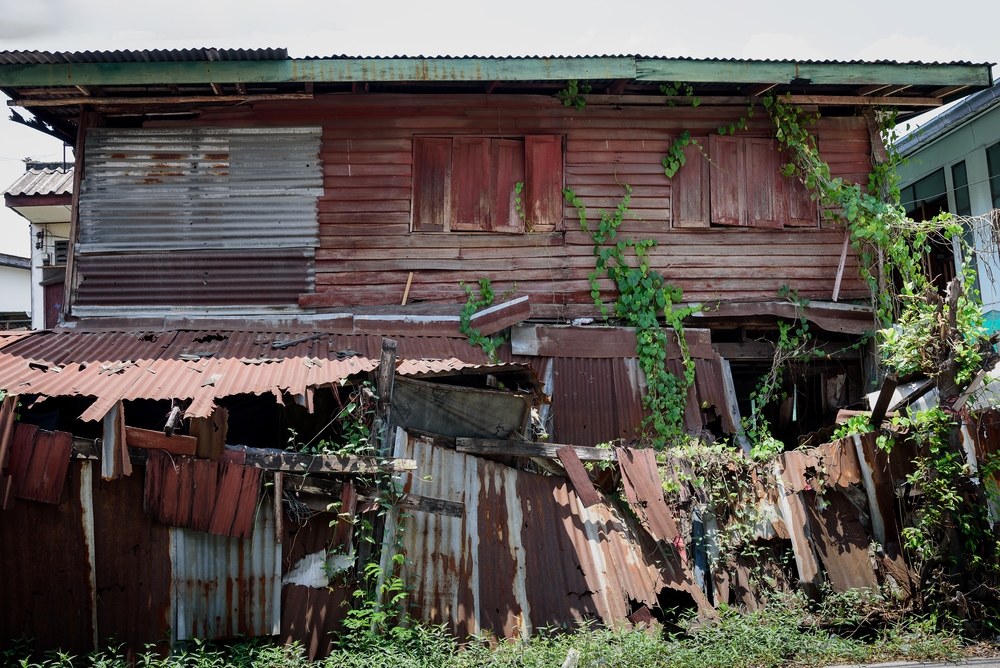
I stopped drinking alcohol the day you told me I was pregnant.
• I didn’t tell you I drank too much and had blackouts.
• I didn’t tell you every relative I had was probably alcoholic.
• I didn’t tell you my husband drank every night and used nonprescription drugs with increasing frequency.
• I didn’t tell you about his scathing comments and humiliating treatment of me, and how I couldn’t seem to leave him.
• I didn’t tell you I had joined Al-Anon, a support group for spouses, families, and friends of alcoholics.
• I didn’t tell you I had smoked a pack of cigarettes per day for ten years until I was 36 years old.
• I didn’t tell you about the daily headaches that stopped, along with the cravings for cigarettes, after ten biofeedback sessions.
• I didn’t tell you that I worked part-time for many years because of fatigue, distress, and inability to concentrate.
• I didn’t tell you I had left my faith practice for over two decades and felt lost and alone.
• I didn’t tell you that, as a child, I was moved to a new house every other year.
• I didn’t tell you that, as an adult, I moved nearly every year in a vain effort to run away from my feelings.
• I didn’t tell you about the fear, loss, and depression I felt, even when times were good.
• I didn’t tell you about my suicidal ideation.
• I didn’t tell you about my phobias of elevators, enclosures, injections, electricity, public speaking, and groups.
• I didn’t tell you about the rage I felt when someone was maltreated.
• I didn’t tell you that as a child I compulsively read everything I could find about the Holocaust.
• I didn’t tell you how in adulthood, books on incest made me nauseous.
• I didn’t tell you about the “covert” sex abuse by a family member who told me dirty jokes and gave me “funny” back rubs.
• I didn’t tell you I had joined an incest survivor’s support group.
• I didn’t tell you how spacey and jumpy I felt at times, especially when surprised.
• I didn’t tell you about my frequent nosebleeds in childhood.
• I didn’t tell you I kept a baseball bat by my bedroom door as a child.
• I didn’t tell you about my terrible nightmares in childhood.
• I didn’t tell you that I could not remember much of my childhood.
You didn’t ask me, and I didn’t think to tell you.
After several months, you determined through amniocentesis and fetal monitoring that there was only one healthy, male fetus. You kept careful track of my potential for diabetes and my loud heart murmur.
The pregnancy was unremarkable until seven months of gestation, when I developed high blood pressure and edema (which you diagnosed as preeclampsia), despite my good diet and high socioeconomic status. You put me on complete bed rest, but the water broke six weeks before my due date. After I labored for 12 hours, you did a Cesarean section with full anesthesia and delivered a healthy 2.2-kilo male child with an APGAR score of 9. I remained in the hospital for five days, although my son remained in an incubator for another five days. He had severe colic but was otherwise healthy. I nursed him for a year.
Twenty months later, again due to preeclampsia, you put me on complete bed rest at seven months gestation during my second pregnancy. You scheduled me for a second Cesarean, and I delivered a healthy 6 lb 7 oz full-term female child.
We met frequently thereafter. My physical health deteriorated from stress as I turned 40 years old with a nursing infant and a toddler. You treated me for bronchitis, “flu” viruses, and a severe breast infection that brought an end to breast-feeding my one-year-old daughter.
I met you again because I could not swallow due to canker sores. You suggested Prednisone, which I declined due to side effects. You biopsied tissue on my cervix, breast, ear, and back. You used the term “precancerous cells” but explained that surgery was not needed yet.
I met your colleague, a PhD nutritionist, through the phone book yellow pages and began an intensive vitamin regime that reversed all my symptoms after six months. I knew I was fortunate to be alive.
You immunized my children and treated them for frequent ear infections and sore throats. You treated my son at age four for a strange rectangular patch on his foot which you diagnosed as cellulitis. You treated my daughter at age four for a kidney infection. After catheterizing her, you found a valve defect between her bladder and kidney.
You examined me when I had a ten-minute episode of intense pain in my vaginal area. You found nothing physically wrong.
You listened patiently as I wept about my failing marriage and alcoholic father and encouraged me to move on. After my divorce, you treated me for pneumonia.
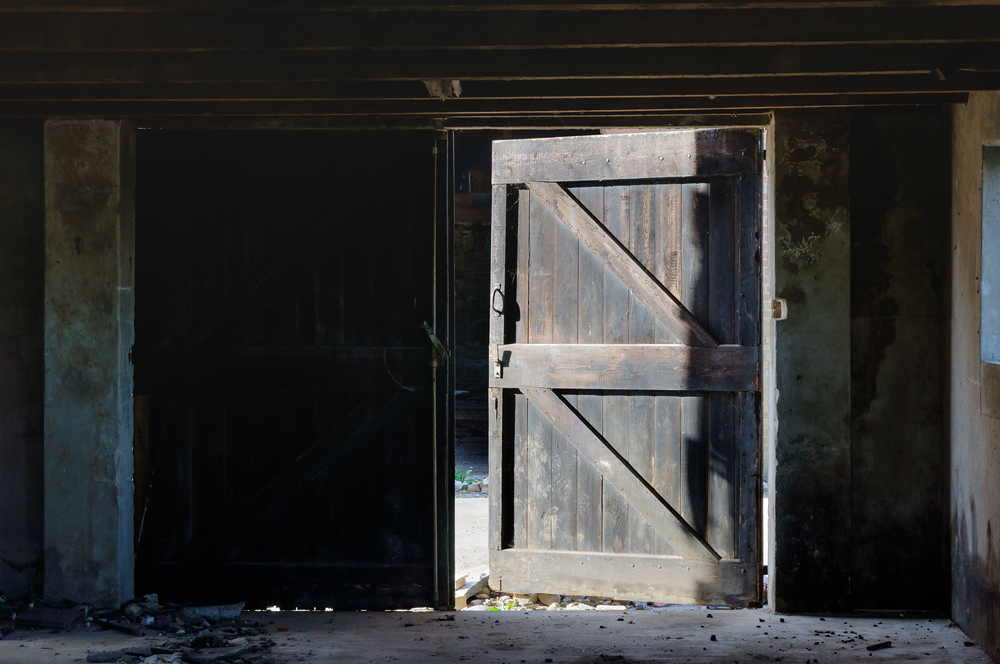
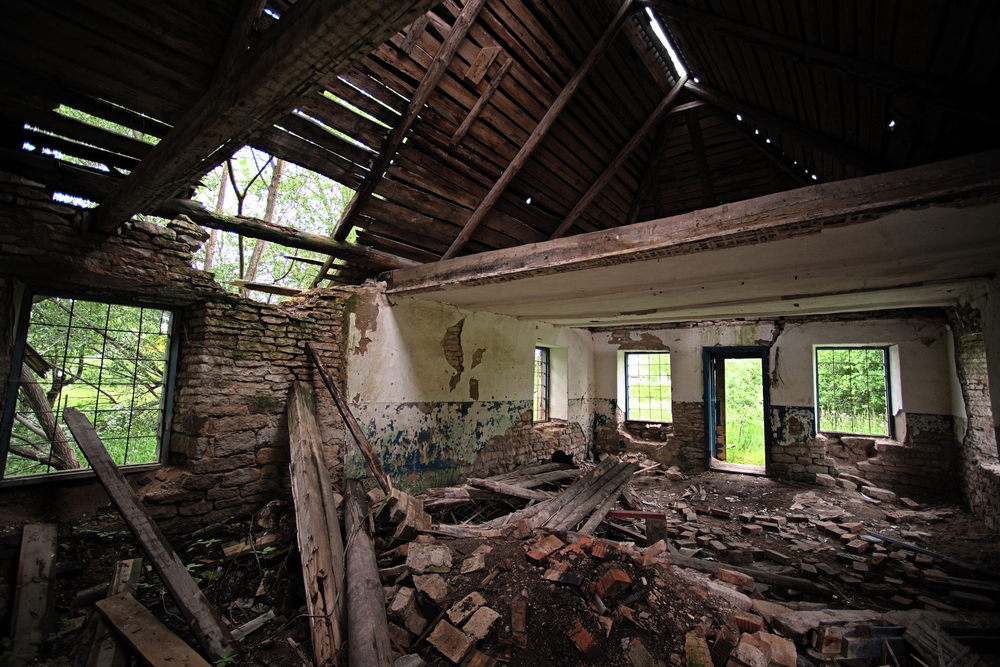
You removed my uterus and ovaries after I bled for two years. You told me I had fibroid tumors. You gave me light general anesthesia for this surgery because I finally told you I was a recovering alcoholic and my body was very sensitive. You listened to my grief at the end of my miracle of childbearing. You prescribed estrogen and ten years later stopped the prescription because of the potential side effects.
You gave me annual general medical checkups, mammograms, colonoscopies, Pap smears, and blood tests. You continued to monitor my heart murmur with annual specialty examinations, electrocardiograms, and echo-cardiograms.
During my occasional bouts of angina, you would conduct a stress test but could find no reason for the pain. I was not able to buy life insurance because I was a high-risk patient. You were as mystified as I by the occasional sharp pains I felt in different parts of my body, and odd brief periods of malaise.
In 1988, after another automobile accident, you flushed my eyes to remove the glass that flew from an exploded mirror. A car had crossed the highway median and hit mine with such momentum that the other car flipped twice and landed upside-down. You patched my left eye and later found a corneal scar. You commented that I was fortunate to be alive and still sighted and prescribed glasses so I could see more clearly.
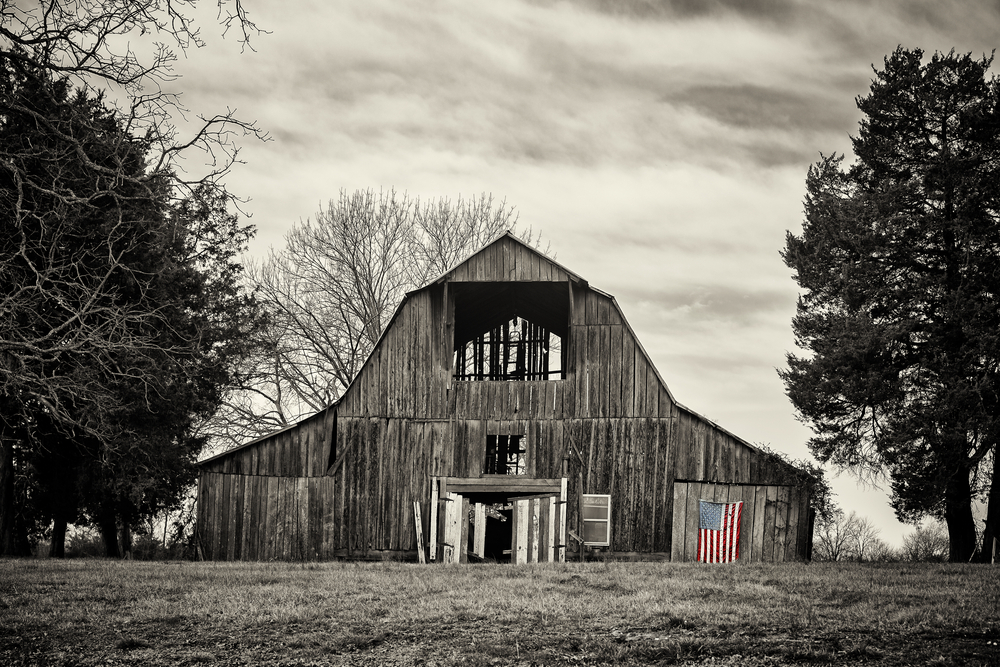
Then, in 1989 my life turned upside-down. My post-divorce life finally settled down, and my children began elementary school. I decided to look for the reason for the extensive childhood amnesia and why I felt so miserable despite my comfortable lifestyle. For the first time, I told you about the amnesia and asked you for hypnosis. I then began having frequent nightmares of dying animals and killing fields. Fortunately, you did not prescribe sleep medication.
For therapy, I found a non-physician who specialized in treating sexually abused women. He did not believe in medicating emotional symptoms but rather, finding the source of the pain. This remarkable therapist, a former police investigator, understood that amnesia occurs for a very good reason. He spoke gently, compassionately, and simply. He had good boundaries, strong ethics, and a spiritual understanding. He knew that his clients may feel fragile but are actually very strong.
He had a program of simple education about amnesia, dissociation, and the chemical changes that take place in the body during trauma, coupled with worksheets for his clients to complete. He led a support group, which I did not take part in.
I told him about the experience I had at age seven, of being spanked with my pants pulled down. I explained I had talked about this event many times but never felt relief from the pain. I described a nightmare that plagued me, consisting of the sounds of the clink of a belt buckle and the zip of a zipper.
One pretty April morning in 1989, I went to the therapist’s office. He led me through a relaxation exercise, instructing me to tense, and then relax each major muscle group. He then asked me to go to a well and find the child I used to be, nurture her, and ask her what happened. I did that and found myself as a distraught seven-year-old. I began talking about that day when I was spanked on my bare buttocks.
Suddenly, I began reliving the event. I refelt the sharp slaps. I saw the pants legs as my head hung down across the adult’s knees. I refelt the humiliation and pain.
Then, just as suddenly, I stopped reliving the event. It felt as if I had pressed the “pause” button on an emotional and mental video of my life. I hung there, suspended in the midst of acute pain.
The therapist asked quietly, “Then what happened?” It felt as if I pushed the “play” button. I refelt being pulled up by my left arm, and heard the clink of a belt buckle and zip of a zipper. I refelt the terror as I was pushed to my knees, and the adult sat back down on the edge of the bed. I refelt his hand on the back of my head as he pushed his penis into my mouth and moved my head back and forth. I retasted the ejaculate. I refelt being pushed to the floor, and left, like a used condom, as he went out of the room.
I gagged and wept uncontrollably. And finally, I felt relief from that event. It has not troubled me since that day. A hidden psychological abscess had finally been lanced and my mind quickly healed itself.
This began a five-year therapy period, during which I was able to fill in many of those blank places in my childhood. Each week I would remember just a little more, no more than I could bear. Some days, I could only relive a few minutes of the past. The pain at times felt unendurable, but the therapist assured me that I would feel better. I would scream with rage and fear on the drive home from his office. That’s how I healed from each remembered betrayal.
What I remembered was about my grandfather, who was a physician. He went to war when I was an infant and returned in 1946, when I was three years old. He then began to harm me in every way imaginable. Some of you will not want to believe this. However, children exposed to this kind of abuse are someone’s daughters and sons and they will someday be someone’s spouse, parent, and patient. Will you recognize them, or will you look away?
My therapist once wondered aloud why I was not committed to the back ward of a state psychiatric hospital. I answered, “I dissociate well.” He and I agreed I was fortunate to be alive.
I don’t need to go into detail about the crimes and brutalities I endured. I’m sure you’ve seen patients who experienced similar events, although you may not have recognized them. My purpose is not to shock but to teach that children can display few psychological symptoms; that the body takes the brunt of the psychosomatic effects in those of us who dissociate well.

The purpose of my letter is to tell you what happened a year after I began trauma recovery. I went to see you for my annual cardiology examination. You listened to my heart, as you had for the past four and a half decades in different countries, different states, different hospitals, and different offices. You listened again, not looking at me. Then you did a quick electrocardiogram and glanced at my thick file, and listened again with a puzzled look on your kind face.
Finally, you looked directly at me and said, “There is no more heart murmur. I can’t explain why. But you no longer need to see me for annual examinations.”
I applied for a life insurance policy the very next day, which I continue to have as a talisman of healing. My physical health has been excellent, despite other life stresses, ever since I began unearthing the buried events from my childhood that broke my heart. The angina and sharp pains resolved as soon as I remembered the origin of those pains. My emotional health and sense of well-being improves daily.
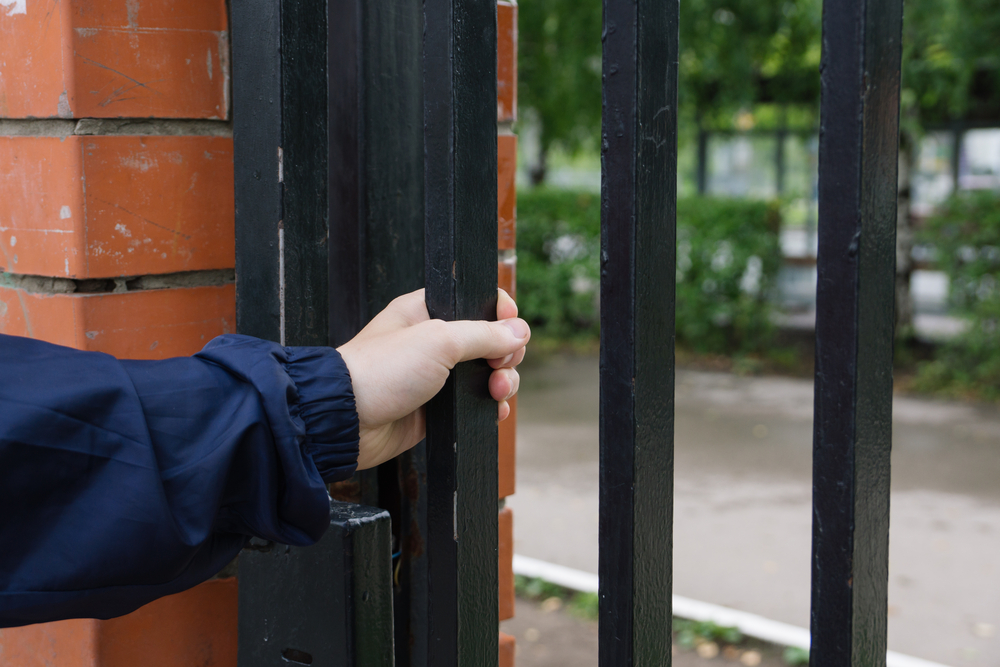
A physician colleague of yours in the Southern California Permanente Medical Group found that the long-term medical consequences of incest, rape, and molestation are
• chronic depression
• morbid obesity
• marital instability
• high utilization of medical care
• gastrointestinal distress, and
• recurrent headaches.
He also found that the more adverse childhood experiences a person has endured, the higher the rate of
• alcoholism
• drug abuse
• depression
• suicide attempts
• smoking
• poor health
• high number of sexual partners
• sexually transmitted disease
• ischemic heart disease
• cancer
• chronic lung disease
• skeletal fractures, and
• liver disease.
His research is extraordinarily validating to me since I have a majority of the aftereffects he describes. I believe that by storing the traumatic memories well out of consciousness, my immune system collapsed, resulting in illness and structural damage. The stress of repeated trauma may indeed have blown a hole in my heart valve. By remembering, talking about, and grieving these events, I found that the intense psychological pressure was relieved and my body simply healed itself. Nature prefers homeostasis. Even broken hearts can heal.
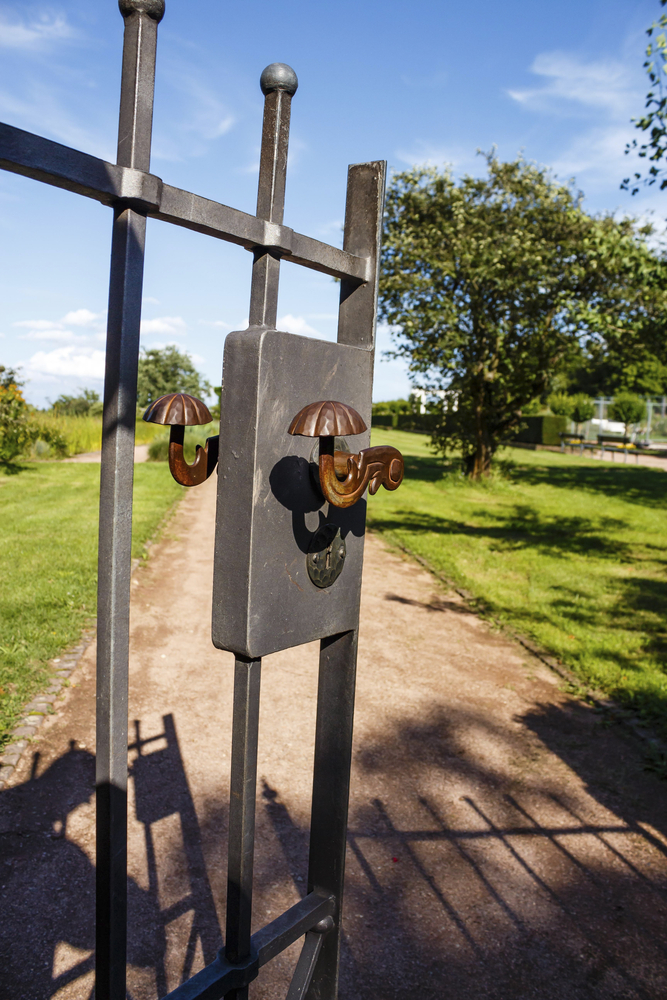
At a child abuse conference in Sacramento in the early 1990s, the Psychologist, Dr. John Briere, remarked that, if child abuse and neglect were to disappear today, the Diagnostic and Statistical Manual would shrink to the size of a pamphlet in two generations, and the prisons would empty. I agree. As physicians and particularly as pediatricians, you are in a position to help end this epidemic of child abuse. You must do so with great care, because perpetrators have gained inroads in the systems that are supposed to protect children. But you are in a unique position, and I encourage you to work together in this serious matter.
I am writing to thank the hundreds of you who treated me throughout my life, particularly when I was young. I am forever grateful for your concern for my health and well-being and for your gifts of antibiotics. I am even more grateful that you gave me biofeedback and relaxation as an adult rather than medication to blunt symptoms of my childhood trauma, so that the encapsulated, abscessed memories could surface and heal. I am, indeed, fortunate to be alive.❖
* * * * * * *
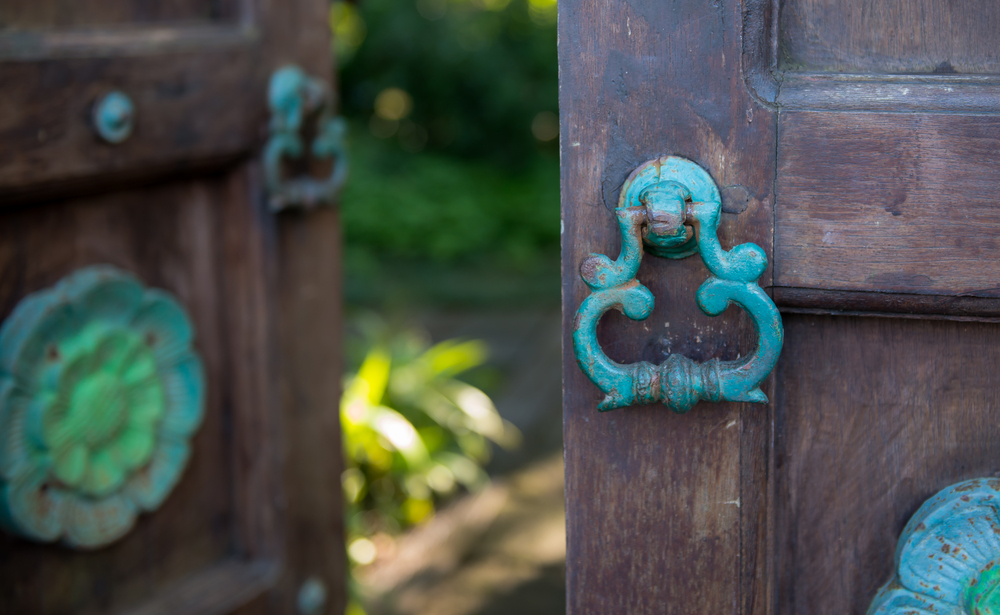
This powerful letter is quite different from most usual clinical articles, and it is frankly painful to read. It should be considered a “case study,” i.e., an individual patient report. But this case study is written by a patient, not by a health professional. Dear Doctor has been reviewed by the Editorial Board, who agree that it is a unique accompaniment to “The Effect of Adverse Childhood Experiences upon Adult Health: Turning Gold into Lead” by Vincent J. Felitti, MD. It makes the problem (i.e., that health professionals often do not recognize the true, underlying basis for the problems they see) much more real and personally accessible.
This writing is strong, highly subjective, and poetic (even with a refrain). Once started, it should be read through to the end—or the essence might be lost. The reader (or, at least, this reader) must, at times, surrender scientific medical objectivity to try to understand how the lens of partial or incomplete comprehension by our patients can recreate what we say. Problems of communication (both ways) are actually the issue. The writer is a woman who is not currently a Kaiser Permanente Medical Care Program member. The letter was signed.
We do not like to publish anonymous articles and, in this instance, the issue of whether to leave in the signature occasioned repeated intense debate among the members of the Editorial Board. The author’s words about the matter are memorable: “I would like to have my full name used for the article. I no longer feel shame about the events of my life. The shame belongs to the perpetrators. Rather, I feel sorrow. They are people who need forgiveness, and I forgive them.” While we support the author’s feelings and admire her courage, we have decided to withhold her identity to preserve the anonymity of any involved persons. — Arthur Klatsky, MD, Editor
The Permanente Journal/Winter 2002/ Volume 6 No. 1
